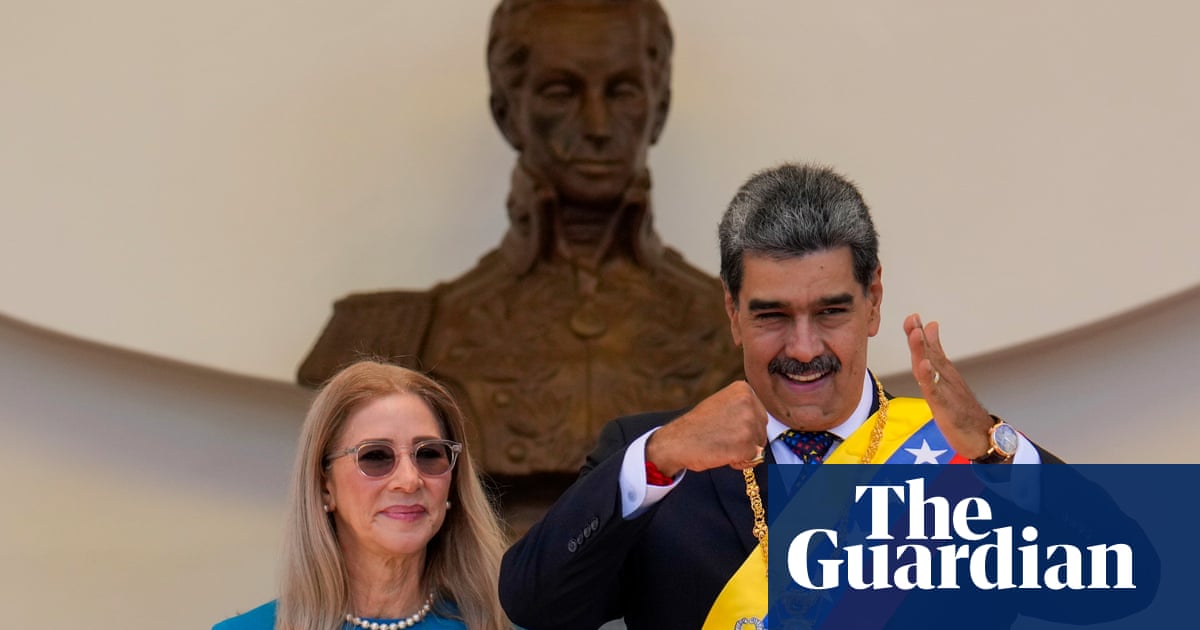A will written on the back of cardboard food packaging has been found to be valid by the high court, meaning a charity stands to inherit £180,000.
Malcolm Chenery, who died in 2021, left his estate, including a three-bedroom house, jewellery, cash and an extensive collection of ornaments and pottery, to Diabetes UK.
However, the unique way he left his final wishes meant the charity faced a legal wrangle to inherit the donations. Chenery wrote the will across two food packaging boxes: one that had contained Young’s frozen fish, and the other Mr Kipling mince pies.
The charity’s claim was challenged because the informal will was spread across two separate pieces of packaging. The details written on the fish fillets box, specifying that the house and contents should go to the charity, could not automatically be read as being part of the same document.
However, a high court judge ruled that the unconventional document was valid in accordance with the requirements of the 1837 Wills Act and could be entered into probate.
Chenery, who killed himself at an unknown age, wrote the will shortly before his death in 2021, with neighbours having witnessed only the signing of the second page.

Sam Chandler, the barrister representing the charity, called upon the judge, Katherine McQuail, to rule that the will could be entered into probate and the money claimed. “The principal question for the court is whether these pieces of cardboard can be admitted to probate in solemn form,” Chandler told the judge.
He said the charity’s claim to the bequest was uncontested and had the “support of family members”. “Various family members have explained that diabetes runs in the family,” Chandler said in court.
He added: “The two pages are written in the same pen. That seems to indicate they were made at the same time. There is overlapping subject matter.”
Chandler said the charity’s position was that “the court should have no hesitation in proclaiming in favour of this document” as an “intestacy would frustrate the testator’s intentions in light of what the family say about his intentions”. He also told the judge that there was “a longstanding principle that the court should lean against intestacy”.
Reaching conclusion in support of Diabetes UK, the judge ruled that it was presumed Chenery “had not intended to die intestate”. Judge McQuail added that she was “satisfied that the two documents should be admitted in solemn form to probate as the last will of the deceased”.
Chenery’s unusual way of imparting his final wishes is the latest in a long line of curiously curated wills. The billionaire hotelier Leona Helmsley, who died in 2007, left instructions for her $4bn (£2.5bn) fortune to be spent caring for dogs.
Her nine-year-old Maltese, Trouble, received $12m (£8m) in the will, with her grandchildren either cut out or ordered to visit their father’s grave annually in order to inherit their share. Trouble’s inheritance was later cut to $2m (£1.2m) by a judge.
-
In the UK and Ireland, Samaritans can be contacted on freephone 116 123, or email [email protected] or [email protected]. In the US, you can call or text the National Suicide Prevention Lifeline on 988, chat on 988lifeline.org, or text HOME to 741741 to connect with a crisis counselor. In Australia, the crisis support service Lifeline is 13 11 14. Other international helplines can be found at befrienders.org

.png) 1 month ago
12
1 month ago
12













































